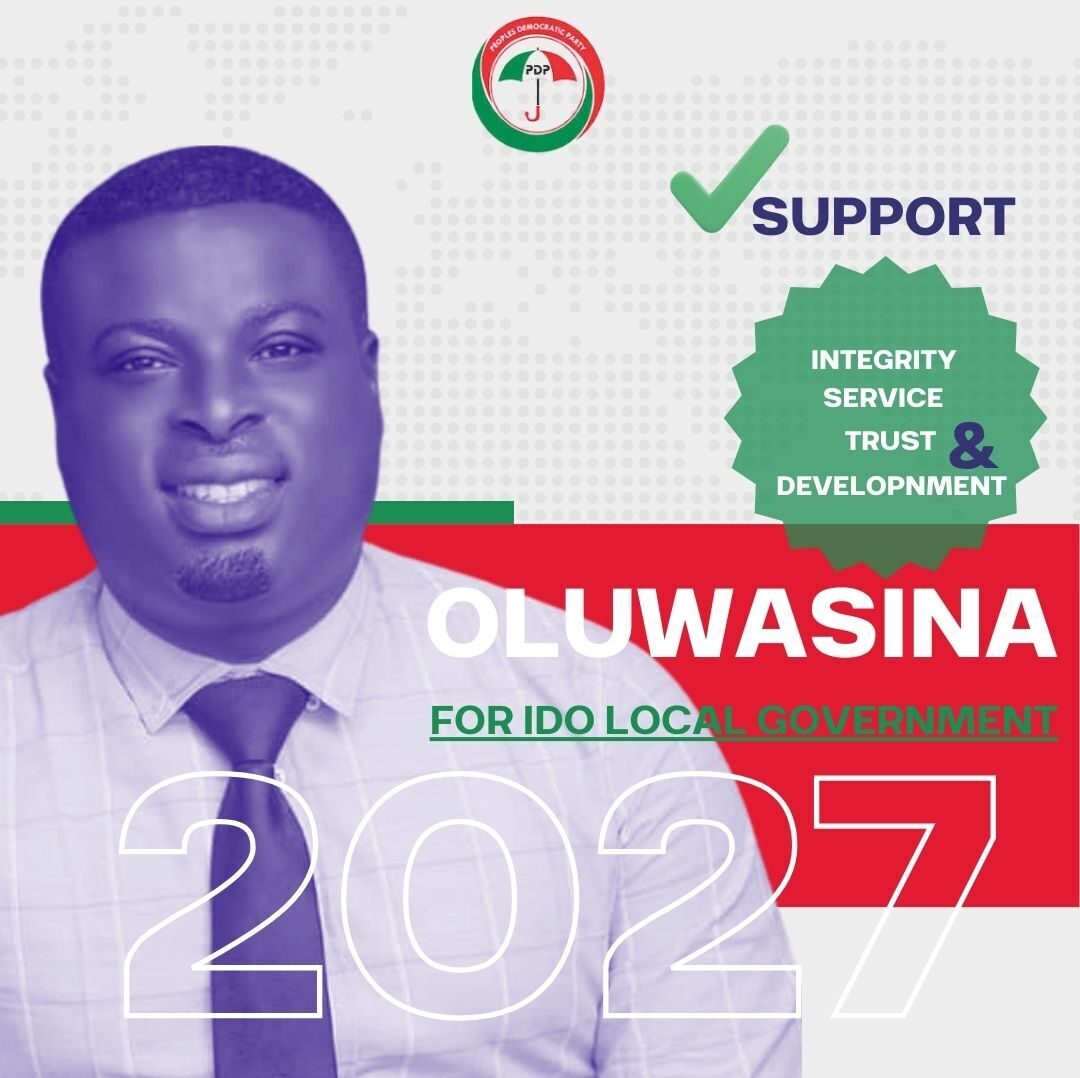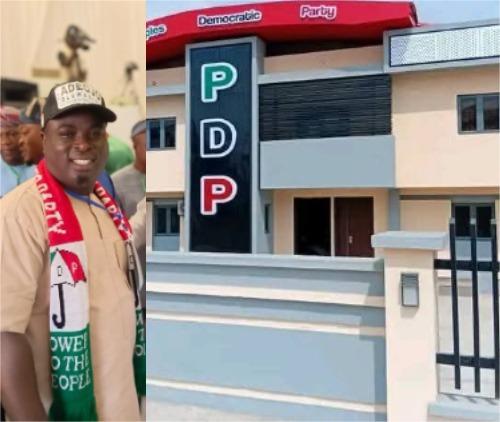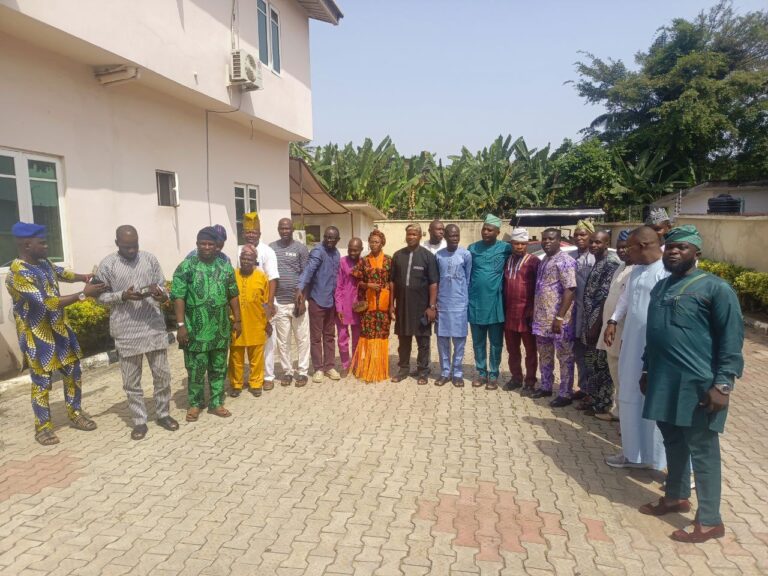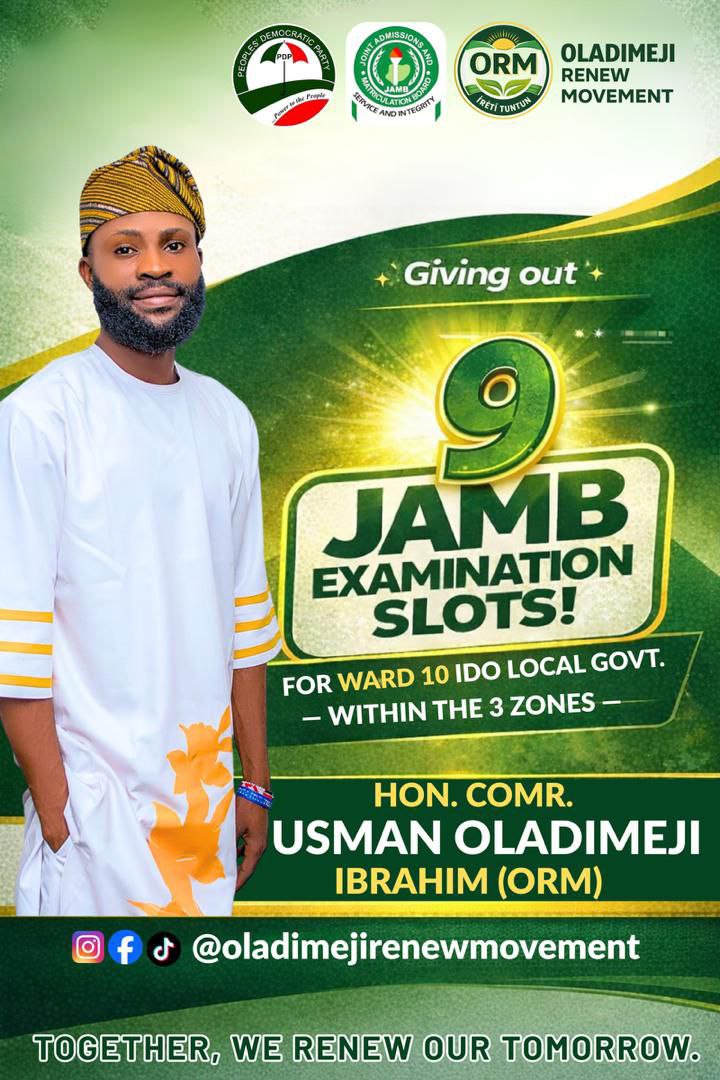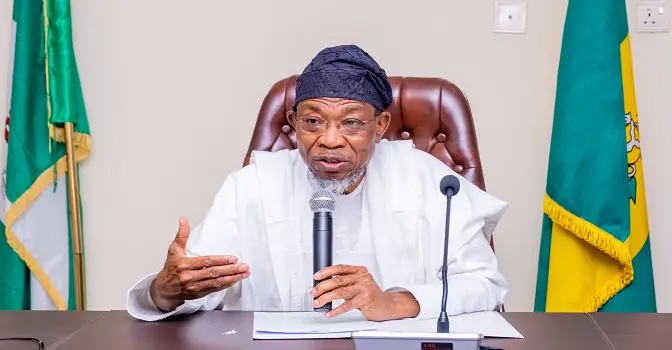
In a move that underscores his commitment to the newly-formed African Democratic Congress (ADC), former Interior Minister Rauf Aregbesola has called on party supporters to avoid engaging in personal attacks or insults against loyalists of the ruling All Progressives Congress (APC). Aregbesola, who also serves as the interim national secretary of the ADC, made the statement on Friday after his return to Lagos following the formal launch of the party in Abuja.
Speaking to a crowd of supporters who gathered to receive him at the airport, Aregbesola expressed gratitude for their unwavering support and enthusiasm but cautioned that the political task ahead of the ADC was no small feat. He emphasized that the party’s focus should remain on issues rather than engaging in confrontations that could distract from their larger goals.
“I sincerely thank our supporters and members of the African Democratic Congress (ADC) who came out to receive me on my arrival in Lagos,” Aregbesola said in a post on his social media platforms. “The task before us is immense, and I reminded everyone that we do not need to fight, insult, or attack anyone. When others resort to abuse or name-calling, we must rise above it. Let us stay focused on the real challenges facing Nigeria.”
Aregbesola’s words resonate as part of a broader strategy to keep the ADC’s message centered on governance and national development rather than engaging in the kind of vitriol often seen in Nigerian politics. He urged supporters to challenge members of the ruling party not with personal attacks, but with hard facts about the current state of the nation.
“When supporters of the ruling party attack us, we should not retaliate with insults. Instead, ask them one simple question: Are Nigerians better off today than they were before?” he stated. “Challenge them with facts about food inflation, the economy, the rising cost of living, and the deepening poverty affecting millions of Nigerians.”
Aregbesola’s message is a call to reason and a shift toward a more structured and issue-based political discourse. By highlighting issues like the soaring cost of living and the rising poverty rate, the ADC aims to present itself as a formidable alternative to the current government under President Bola Tinubu, who once counted Aregbesola as a close ally.
The political trajectory of Aregbesola has seen significant shifts in recent years. The former Governor of Osun State had long been a key ally of Tinubu, with their political partnership dating back to 1999 when Tinubu was the Governor of Lagos State. However, the two fell out in 2022 during the highly contentious Osun State gubernatorial election. At the time, Tinubu’s nephew, Gboyega Oyetola, was running for re-election as governor under the APC banner, but Aregbesola’s political faction, known as “Omoluabi,” chose not to back Oyetola’s candidacy.
Instead, Aregbesola’s camp threw its weight behind Ademola Adeleke, the candidate from the opposition Peoples Democratic Party (PDP). The fallout from this split played a significant role in Oyetola’s defeat in the election, which was a major blow to Tinubu’s influence in the region.
Despite the personal and political rift, Aregbesola remains adamant that the ADC can offer a credible and necessary alternative for Nigeria’s future. His return to Lagos and the formal launch of the ADC are seen as pivotal moments in what is shaping up to be a long and challenging journey toward unseating the ruling APC. He urged his party members to articulate their position clearly and confidently, making the case for the ADC as a party that seeks to address the systemic issues afflicting Nigeria—especially in the areas of governance, economic stability, and poverty alleviation.
“The task before us is not just about winning elections; it’s about charting a path forward for Nigeria. The ADC represents a credible alternative that prioritizes the long-term well-being of our people over short-term political gains,” Aregbesola said.
This statement reflects his ongoing shift from a former loyalist of Tinubu to a vocal critic, as he attempts to galvanize support for the ADC and position it as a viable force in Nigerian politics. Whether the ADC will succeed in gaining significant traction against the entrenched power of the APC remains to be seen, but Aregbesola’s focus on facts over insults could resonate with voters who are disillusioned with the current political climate.
As the ADC sets its sights on the 2027 presidential election, it is clear that Aregbesola’s leadership will play a pivotal role in the party’s strategy to challenge the Tinubu administration. His plea for constructive, issue-based debates serves as a reminder that, while Nigerian politics is often marked by fierce rivalries and bitter exchanges, there is still a space for meaningful conversations about the country’s future.
With Aregbesola at the helm, the ADC is positioning itself as a party that offers more than just opposition to the status quo—it aims to provide a sustainable, progressive path forward for Nigeria’s democracy.

